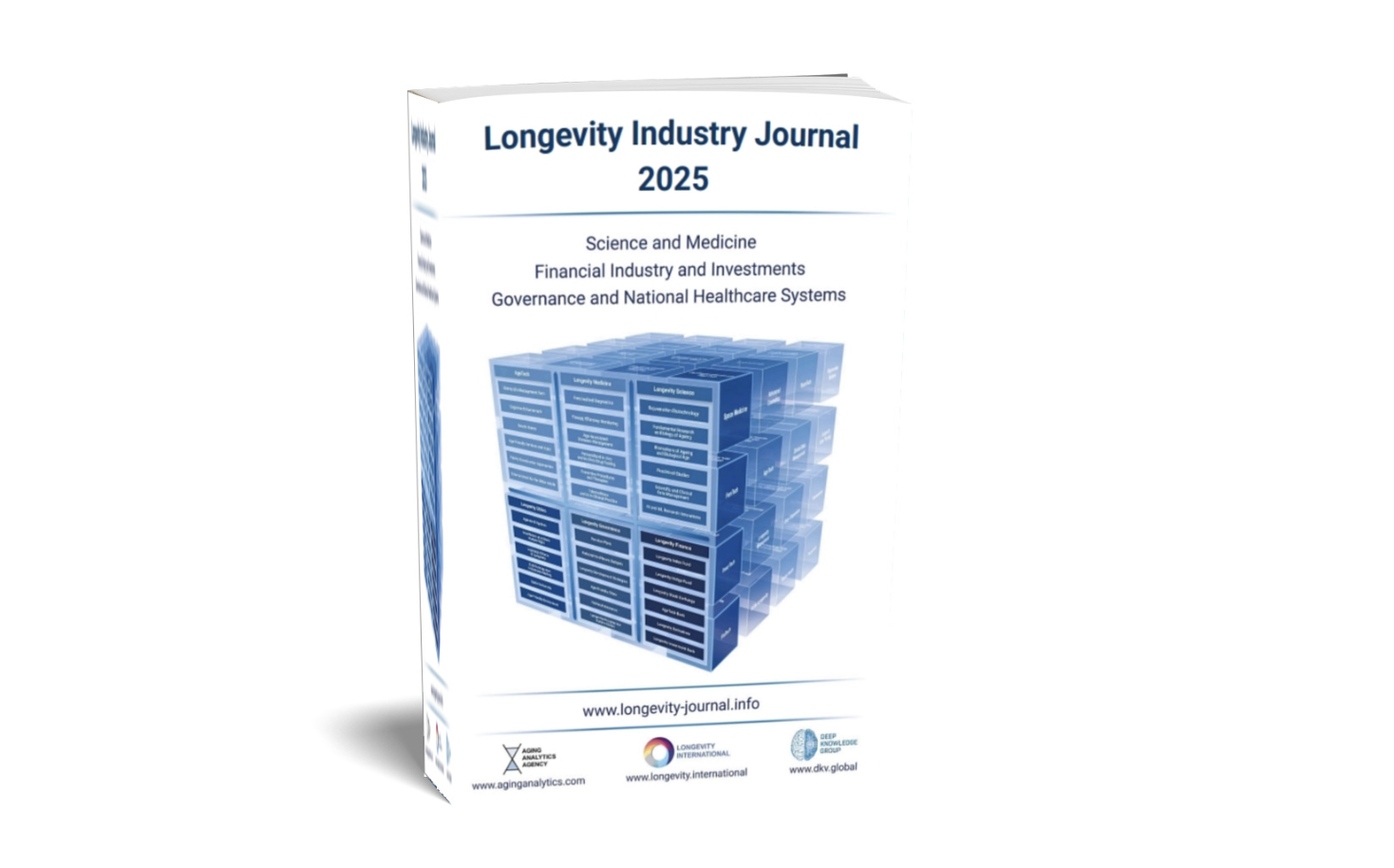- Longevity Journal

- Sep 24, 2025
- 3 min read
Artificial intelligence (AI) and data science have emerged as pivotal forces in shaping the future of Longevity Research & Development (R&D). These technologies are not only accelerating the pace of scientific discoveries but are also enabling the identification of biomarkers, the optimization of clinical trials, and the development of innovative drug therapies. As we venture further into 2025, AI-driven breakthroughs are redefining the way we approach aging, longevity, and healthspan extension.

AI in Drug Discovery and Biomarker Identification
One of the most transformative impacts of AI in Longevity R&D is its ability to accelerate drug discovery. Traditionally, finding new drugs to treat age-related diseases was a long and costly process. AI has revolutionized this by automating vast amounts of data analysis, enabling faster identification of novel drug targets. Leveraging deep learning algorithms, AI models now predict the efficacy of molecules, reducing the time from concept to clinical trials.
AI also plays a crucial role in identifying biomarkers of aging, which are central to predicting an individual’s risk of age-related diseases. These biomarkers, once identified through AI-driven big data analytics, can lead to early intervention and preventive care, allowing for more personalized and effective treatment regimens. By analyzing vast datasets—ranging from genomic sequences to clinical records—AI systems are helping researchers find patterns that would otherwise go unnoticed, making it possible to predict and potentially reverse aspects of aging at the cellular level.
AI-Powered Aging Clocks and Predictive Tools for Longevity
AI-powered aging clocks represent one of the most innovative applications of AI in the field of longevity. These tools utilize machine learning algorithms to predict biological age based on genetic, epigenetic, and clinical biomarkers. This is a significant leap beyond traditional measures of chronological age, as it allows for a more accurate understanding of how well an individual’s body is aging.
For example, DNA methylation clocks—which analyze changes in DNA that occur as we age—are now being used to predict an individual’s biological age. Other AI-powered tools analyze everything from immune system health to telomere length and even gut microbiota, all of which contribute to how quickly we age. As these AI systems become more refined, they will offer deeper insights into the aging process and provide tools to optimize individual healthspan.
AI-Driven Big Data Analytics: Forecasting Trends and Investment Opportunities
AI’s ability to process big data has given rise to predictive analytics in the Longevity sector. Using AI tools, researchers and investors can analyze global datasets to uncover trends in Longevity science. By analyzing everything from clinical trial outcomes to investment flows, AI can identify emerging technologies and predict future market trends, providing critical insights for stakeholders across the sector.
One key area where this is already having an impact is in the forecasting of investment opportunities. AI-driven platforms are helping investors identify promising Longevity startups, clinical trials, and research breakthroughs. By processing vast amounts of industry data—ranging from funding rounds to patent filings—AI can predict which technologies will be the next to disrupt the Longevity space, enabling strategic investment in high-potential areas like regenerative medicine, gene therapies, and AgeTech.
In addition, AI systems are playing a pivotal role in market intelligence and competitive analysis, helping stakeholders from pharmaceutical companies to governments and investors make more informed, data-backed decisions. By integrating predictive analytics with AI, investors can more accurately assess the risk-reward profiles of investments in emerging Longevity technologies.
Future Prospects for AI in Longevity Research
Looking to the future, AI’s role in Longevity R&D will only grow. As the sector expands, AI systems will be able to not only accelerate the identification of new biomarkers but also optimize clinical trial designs, predict adverse reactions, and improve patient outcomes through precision medicine.
Moreover, AI’s application in regenerative medicine and gene therapy could revolutionize the treatment of age-related diseases like Alzheimer's, Parkinson's, and cardiovascular diseases. By combining genetic sequencing with AI-powered analytics, researchers can design more effective therapies that target the underlying causes of aging at the molecular level.
The Role of AI in Shaping the Future of Longevity
AI and data science are transforming the Longevity Industry by accelerating the pace of innovation and unlocking new potential for improving healthspan and lifespan. With AI-driven tools like aging clocks, biomarker identification, and predictive models, we are entering a new era where personalized medicine will become the norm, and age-related diseases can be tackled before they manifest.
As AI continues to evolve, its ability to predict, optimize, and personalize will redefine how we approach aging, health, and wellness. From drug discovery to investment forecasting, AI is not just an accessory to the Longevity Industry—it is its backbone, propelling the sector forward into an era where living longer, healthier lives is within reach for all.
Stay tuned for the next article, where we’ll explore the exciting role of advanced biotechnology in regenerative medicine and gene therapies for longevity.
Or meanwhile order your copy of Longevity Industry Journal 2025 at: www.longevity-journal.info/2025
Comments